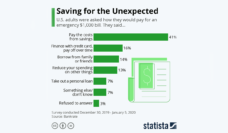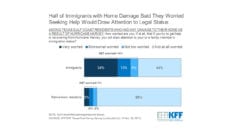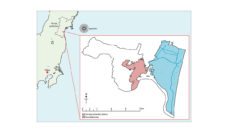In late summer 2017, Hurricane Harvey ravaged the shores of Texas less than four days after being spotted in the Gulf of Mexico as a tropical depression. The governor of Texas, Greg Abbott, needed to act quickly to prepare his state for the threat of a Category 4 hurricane. Standing in his way of acting to protect millions of Texas residents, however, were his state’s own regulations and statutes.
Emergencies require supplies and personnel. Procurement of provisions and staff requires time-intensive paperwork and administrative drudge, including written requests and approvals as outlined by a state’s legislation. In the case of public health emergencies, such as natural disasters and infectious disease outbreaks, these slow-moving processes hinder state governments from responding effectively to time-sensitive threats.
Curious about what states do to overcome legal barriers during emergencies, the CDC’s Public Health Law Program conducted a review of existing gubernatorial powers that exist to override state regulations and statutes when necessary. As seen in the diagram, the authors found that 35 states permit governors to suspend or amend both statutes and regulations in declared emergency situations. Seven states permit governors to amend regulations, but not modify or remove statutes. Eight states and Washington provide no explicit authority to governors to change laws during an emergency.
In the event of Hurricane Harvey, Abbott used this power to suspend any statute or regulation that would impede the state’s ability to respond effectively to the natural disaster. Without the ability to override both statutes and regulations, Minnesota had a stalled response to the 2009 H1N1 influenza outbreak. Multiple governors have used their legislated power in response to the Covid-19 pandemic. Governor of New York, Andrew Cuomo, suspended numerous statutes and regulations, including legal barriers to quickly close and sanitize schools, amplify telemedicine capabilities, and allow hospitals to expand bed capacity.
Temporarily removing administrative barriers empowers states to execute timely responses to local public health emergencies. The invocation of such powers in no way overrides the constitutional rights of individuals. Most importantly, understanding how legal landscapes shift during public health emergencies is crucial for state planning and preparedness.
Databyte via Sunshine, G., Thompson, K., Menon, A. N., Anderson, N., Penn, M., & Koonin, L. M. (2019). An Assessment of State Laws Providing Gubernatorial Authority to Remove Legal Barriers to Emergency Response. Health security, 17(2), 156–161.














